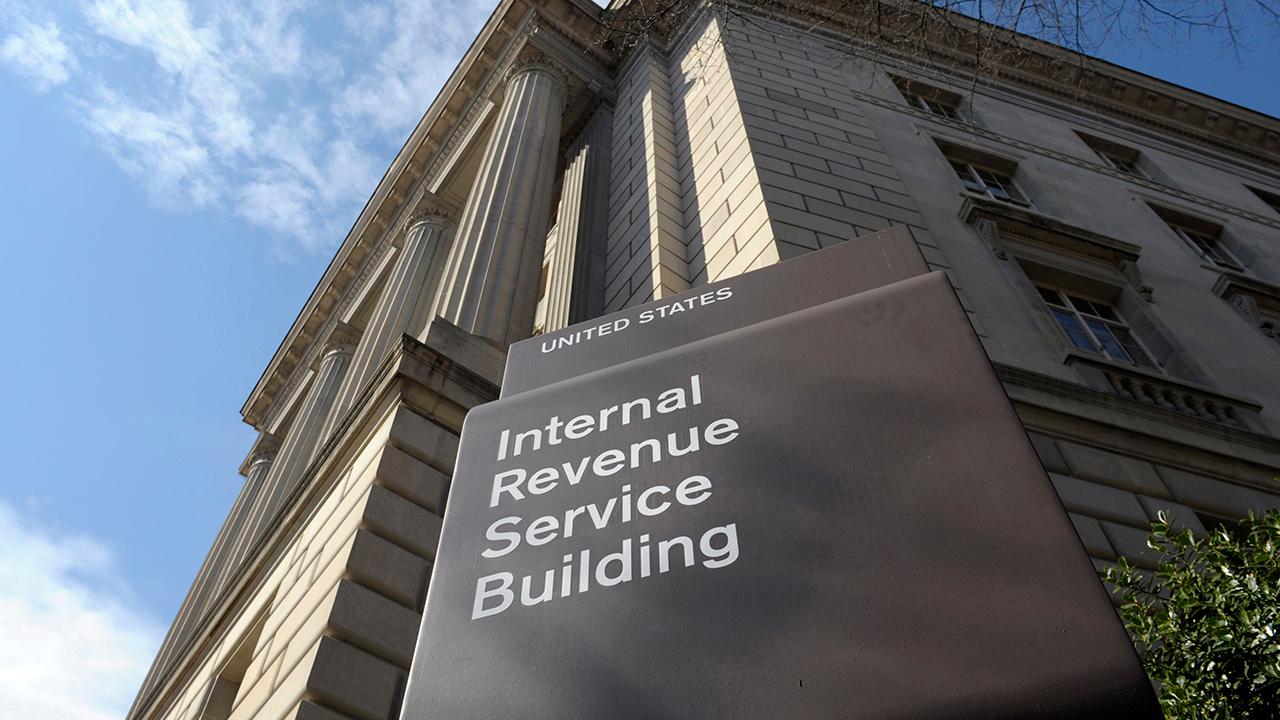IRS will fail to collect trillions of dollars over the next decade, researchers estimate
The wealthy will largely benefit if the agency is unable to reduce noncompliance
As Democrats call for a wealth tax to raise more revenue from the country’s wealthiest individuals, a new study suggests investing more in IRS enforcement resources could be an alternative way to generate a significant chunk of change.
The tax gap, or the difference between what the IRS is owed and what it collects, is expected to swell over the coming decade, according to research by former U.S. Treasury Department official Lawrence Summers and assistant professor of law at University of Pennsylvania Natasha Sarin. The pair generated their forecast based on recent estimates from the tax agency.
The IRS estimated it failed to collect $380 billion in taxes per year, between 2011 and 2013. Using those figures, and accounting for inflation and income growth, Summers and Sarin estimated the IRS would not collect nearly 15 percent of total tax liabilities in 2020 alone — or $630 billion.
For the period between 2020 and 2029, the tax gap would total $7.5 trillion.
IRS HIKES 401(K) CONTRIBUTION LIMIT FOR 2020
IRS RELEASES UPDATED INCOME TAX BRACKETS FOR 2020
The wealthy are the big beneficiaries of the agency’s failed compliance efforts since a larger share of their income is held in categories like dividend or proprietorship income and capital gains. Individuals earning more than $10 million per year have an underreporting rate that is five-times as high, at nearly 14 percent, as those who earn less than $200,000 annually, about 2.6 percent.
Individual returns make up more than 70 percent of the tax gap, with a 20 percent noncompliance rate.
Researchers noted the resources the agency has to tackle noncompliance are at “historic lows,” which means any investments in that area are likely to generate positive results.
The IRS budget has declined by 15 percent since 2011 and the enforcement budget has decreased by 25 percent over the same timeframe. The IRS has fewer auditors now than at any point since World War II. Overall, staffing has been reduced by more than 20 percent since 2011.
In fiscal 2018, the agency audited 0.59 percent of individual tax returns or about 892,000 documents. That is less than the year prior when the rate hit 0.62 percent and audits were at their lowest level since 2002. Rates for high-income earners, who have adjusted gross income exceeding $10 million, fell to 6.66 percent, from more than 14 percent the year prior.
If the IRS invested more in its compliance efforts, initiated audits on more high-income taxpayers and invested in IT systems, it could be possible to recover about $1.1 trillion, or 15 percent, during the coming decade, the report concluded.
While Summers and Sarin concede that their estimates are naive, they argue that most people will come to the conclusion that “restoring the IRS’ budget to previous levels is likely to pay for itself many times over.”
And acknowledging the tax gap will never be zero, they recommend that the agency spends more time and resources auditing high-income earners to recover the most owed cash.
As previously reported by FOX Business, IRS Commissioner Charles Rettig said it is much easier and less costly to audit low-income taxpayers than high-income individuals.
CLICK HERE TO READ MORE ON FOX BUSINESS
Massachusetts Sen. Elizabeth Warren has been plugging her wealth tax, a 2 percent tax on individuals with assets valued at more than $50 million, as a way to make sure the country’s richest individuals “pay their fair share.” Summers does not support that policy.
The IRS is responsible for collecting 90 percent of all federal revenues. It handles about 150 million tax returns each year.
GET FOX BUSINESS ON THE GO BY CLICKING HERE




















